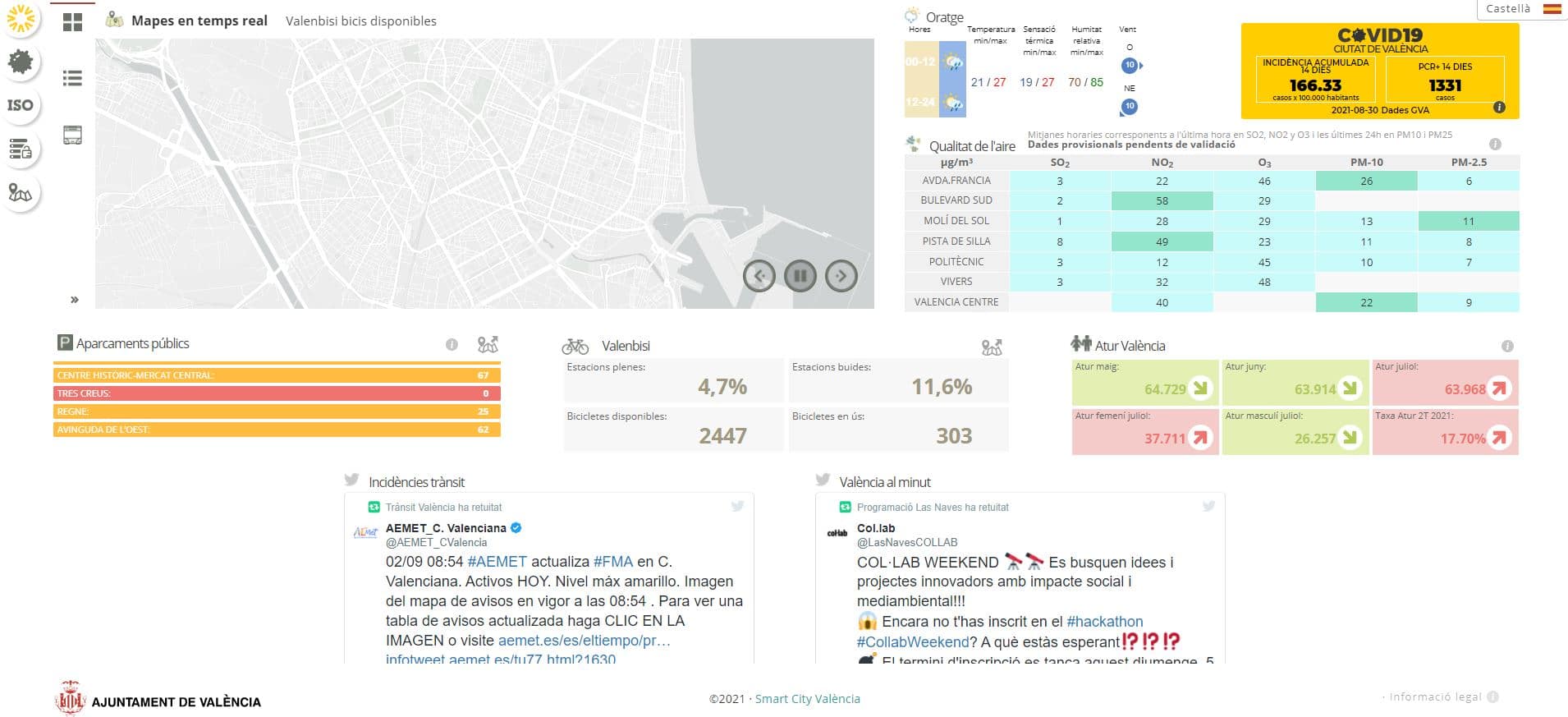Mucho se ha escrito sobre el estado del periodismo en los tiempos que corren. Una profesión centenaria, que ha sido testigo y cronista de los muchos cambios por los que ha pasado (y sigue pasando) nuestra sociedad. Quizá uno de las transformaciones más profundas ha sido, sin embargo, la manera en que nos relacionamos con el conocimiento en sí mismo: Sin duda, vivimos en una época en la que la cantidad de información y datos abiertos ha aumentado de una forma exponencial con respecto a nuestro acceso a ella. También ha cambiado, por supuesto, la forma en la que este conocimiento es generado, e incluso la manera en que podemos acceder a él: por tanto, es buena idea pararse a considerar ciertas herramientas de las que ahora disponen quienes buscan dar a conocer nuevos fenómenos, tendencias y situaciones.

Una de las facetas que en los últimos años han cambiado de cara a este acceso a la información, por lo menos en lo que respecta a nuestro papel como ciudadanía , es el de los portales de datos abiertos disponibles en muchos municipios y regiones. En estos portales online, y de acuerdo con las leyes de transparencia pública pertinentes, se vuelca buena parte de los datos obtenidos como parte de la gestión habitual de los recursos públicos, así como informes, resúmenes, directorios, y demás documentos que puedan considerarse de interés general. Un ejemplo de este tipo de colecciones de datos abiertos lo encontramos en la Diputación de Badajoz .Muchas localidades cuentan también con información en tiempo real de los servicios digitalizados de la ciudad, como es por ejemplo el caso del portal Valencia al Minut. Con el auge de la sensorización en el entorno urbano, y en general de la implementación de los gemelos digitales en multitud de ámbitos distintos, la cantidad de datos a los que debe enfrentarse el ciudadano ha aumentado de forma exponencial, complicando la tarea de obtener una información útil y veraz.
Esto significa que, aunque ser capaz de contextualizar e interpretar datos y estadísticas siempre ha sido parte del trabajo de algunos sectores del periodismo (por ejemplo, en lo concerniente a la prensa económica), ahora se trata de una habilidad que puede aplicarse a casi todos los ámbitos. Si la profesión del periodista ha tenido siempre por objetivo mantener la búsqueda de una información veraz y relevante, éstas nuevas fuentes proporcionan una herramienta más a la hora de asegurar la transparencia de las entidades examinadas. No sólo eso: como ya hemos comentado, al aumentar la cantidad, variedad y especifidad de la información, se hace más difícil que el ciudadano medio pueda extraer unas conclusiones veraces sobre la misma. Por tanto, esa faceta del periodismo como profesión didáctica y de acercamiento del conocimiento a la ciudadanía es más importante que nunca.

Por otra parte, ese mismo tamaño y accesibilidad de estos nuevos conjuntos de datos, y el hecho de que a menudo se trate de indicadores que tradicionalmente no han contado con una monitorización exhaustiva (control de aforo y movilidad detallados en espacios urbanos, datos horarios sobre el uso de instalaciones públicas y turísticas, etc.) hacen de estas fuentes un importante recurso para obtener información que de otra manera sería imposible obtener. Al igual que las administraciones y grandes empresas están apostando por la digitalización y el análisis basado en el Big Data, publicaciones y periodistas pueden usar estas herramientas para encontrar nuevas facetas y maneras de entender la vida en los vecindarios y las ciudades.
Se dice que los datos son la materia prima más importante del siglo XXI, y no por nada a esta se le ha dado en llamar la Era de la Información. Pero datos e información no son nada sin conocimiento: sin el análisis, el contexto, y la capacidad de interpretación que den sentido a cifras e indicadores. Un público informado necesita de alguien que realice esta labor didáctica: un papel que como siempre, pero ahora más que nunca, recae sobre los hombros de una prensa experta y honesta.
